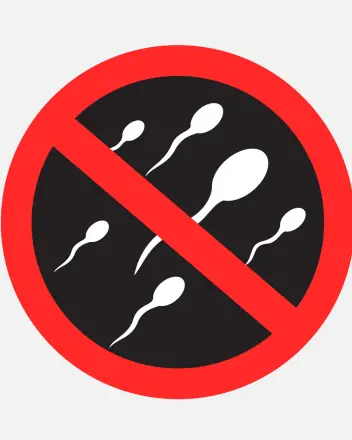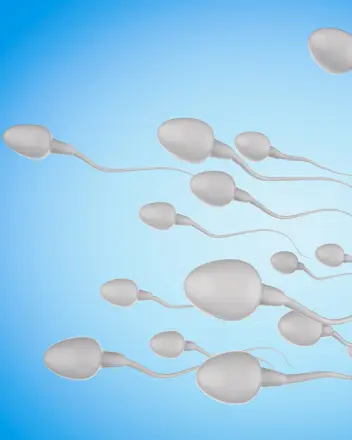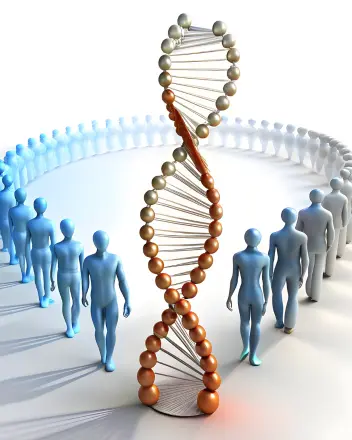Male Fertility Treatment in Sri Lanka - A Journey of Hope
Male infertility can be a challenging journey, but it’s important to remember that parenthood is possible with the right support and advanced medical care. At Prashanth Fertility Research Centre, we pride ourselves on offering hope, solutions, and results to countless couples struggling with infertility.
By choosing PFRC for your male fertility treatment in Sri Lanka, you’re not only selecting advanced technology and experienced doctors but also embracing a team that is dedicated to turning your dreams into reality.

Why Choose Prashanth Fertility Research Centre for Male Fertility Treatment in Sri Lanka?
Prashanth Fertility Research Centre has been a beacon of hope for thousands of couples worldwide. Heres why we are the top choice for male fertility treatment in Sri Lanka:
- 44+ years of expertise in fertility care
- 75% of IUI success rates in male infertility treatments.
- Internationally acclaimed fertility specialists.
- Advanced diagnostic and treatment techniques
What Are the Causes of Male Infertility?
Male infertility can result from a variety of factors, ranging from physical conditions to lifestyle choices. Here are the most common causes:
Advanced Techniques for Male Fertility Treatment in Sri Lanka
At Prashanth Fertility Research Centre, we employ the latest techniques to diagnose and treat male infertility effectively. Our team is equipped with world-class expertise and technology to offer tailored treatments for each patient.
Semen Analysis
A comprehensive semen analysis helps assess sperm count, motility, and morphology to diagnose underlying issues.
Hormone Therapy
Hormonal imbalances can be corrected using medications or injections that stimulate sperm production.
Surgical Treatments
Varicocelectomy is a surgical procedure to repair varicoceles, while vasovasostomy and vasoepididymostomy treat blockages in the vas deferens or epididymis, restoring sperm flow and fertility.
Assisted Reproductive Technologies (ART)
The procedures like IUI, IVF, and ICSI help couples conceive. IUI places processed sperm into the uterus, while IVF fertilizes an egg in a lab before transferring the embryo. ICSI, a specialized IVF technique, injects a single sperm into an egg, benefiting cases of low sperm count or motility.
Sperm Retrieval Techniques
These procedures help men with azoospermia or non-obstructive infertility by retrieving sperm directly from the epididymis or testes through techniques like PESA, TESA, and TESE.
Genetic Testing and Counseling
We offer genetic screening to identify any hereditary factors that may affect fertility, ensuring better outcomes for future generations
FAQ'S
-
What is erectile dysfunction?
Erectile dysfunction (ED) is the inability to achieve or maintain an erection sufficient for sexual activity. It can result from physical, psychological, or lifestyle factors.
-
What causes male infertility?
Male infertility can be caused by low sperm count, poor sperm motility, hormonal imbalances, genetic conditions, infections, or lifestyle factors like smoking and stress.
-
What is the sperm count for healthy semen?
A healthy sperm count is typically 15 million to 200 million sperm per milliliter of semen, with good motility and morphology being crucial for fertility.
-
What are the treatment options available for male infertility?
Treatments include lifestyle changes, medications, hormone therapy, surgery (for blockages), and assisted reproductive techniques like IUI and IVF.
-
How does Prashanth Fertility Research Centre offer treatment for male infertility?
Prashanth Fertility Research Centre provides advanced fertility treatments, including semen analysis, ICSI, IVF, hormonal therapies, and surgical interventions for male infertility.

















